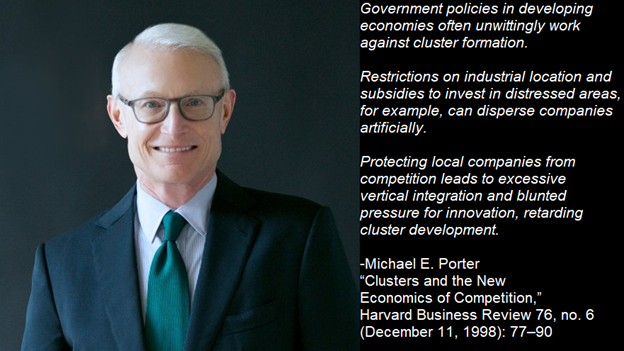This is a thread summarizing our findings.
mercatus.org/publications/g…
Spoiler: It’s not good.
We find that WI could lose $20 billion in GDP due to the higher taxes needed to fund the $3.6 billion subsidy. Any econ. benefit from the subsidy has to counteract this loss.
Most often businesses would make the decision to relocate or expand *without* the subsidy.
So the actual econ. harm will be much larger—our findings should be considered an underestimate
A forthcoming literature review by @MattMitchell80, @jmhorp, & @OliviaJGonzales will illustrate the broad findings of academic research.
84% of surveyed mayors think that subsidies are good policy & @NateMJensen’s research shows that politicians believe that voters will reward them for “doing something” to help the local economy.
citylab.com/life/2019/02/b…
There’s two ways that local leaders can go about encouraging local development:
They can take a “targeted approach” by directly promoting the development of particular firms or industries via subsidies.

The distorting and corrupting effects of subsidies don’t just stay in the economy, though. They are a pathology that spreads to infect political systems as well.
The $3.6 billion that WI promised Foxconn could instead have built 7 sq. mi. of greenhouses to attract orange growers from FL.
With benefits-only analysis, this might sound like a good idea!
@ggerlock npr.org/sections/thesa…
le.utah.gov/av/committeeAr…
mercatus.org/system/files/f…
@TimBartik @NateMJensen @BellmanEquation @Richard_Florida
& reporters
@RickRomell @CorriHess @BruceMurphyMKE
@arthur8823 @reckless @JillRozell @AustinCarr
We extensively cited your work, without which our research wouldn't be possible








